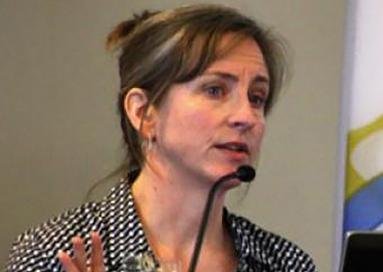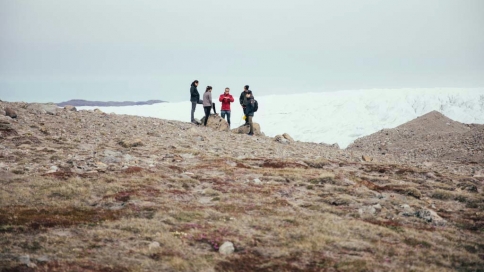Cool Classes
Dartmouth creates a rich academic culture imbued with critical thinking and creativity, one that promotes experimentation, reflection, learning, and leadership. But don't take our word for it. We asked our students to tell us about some of their favorite physical and life sciences courses.
Academics at DartmouthDartmouth Science NewsReseach at Dartmouth






